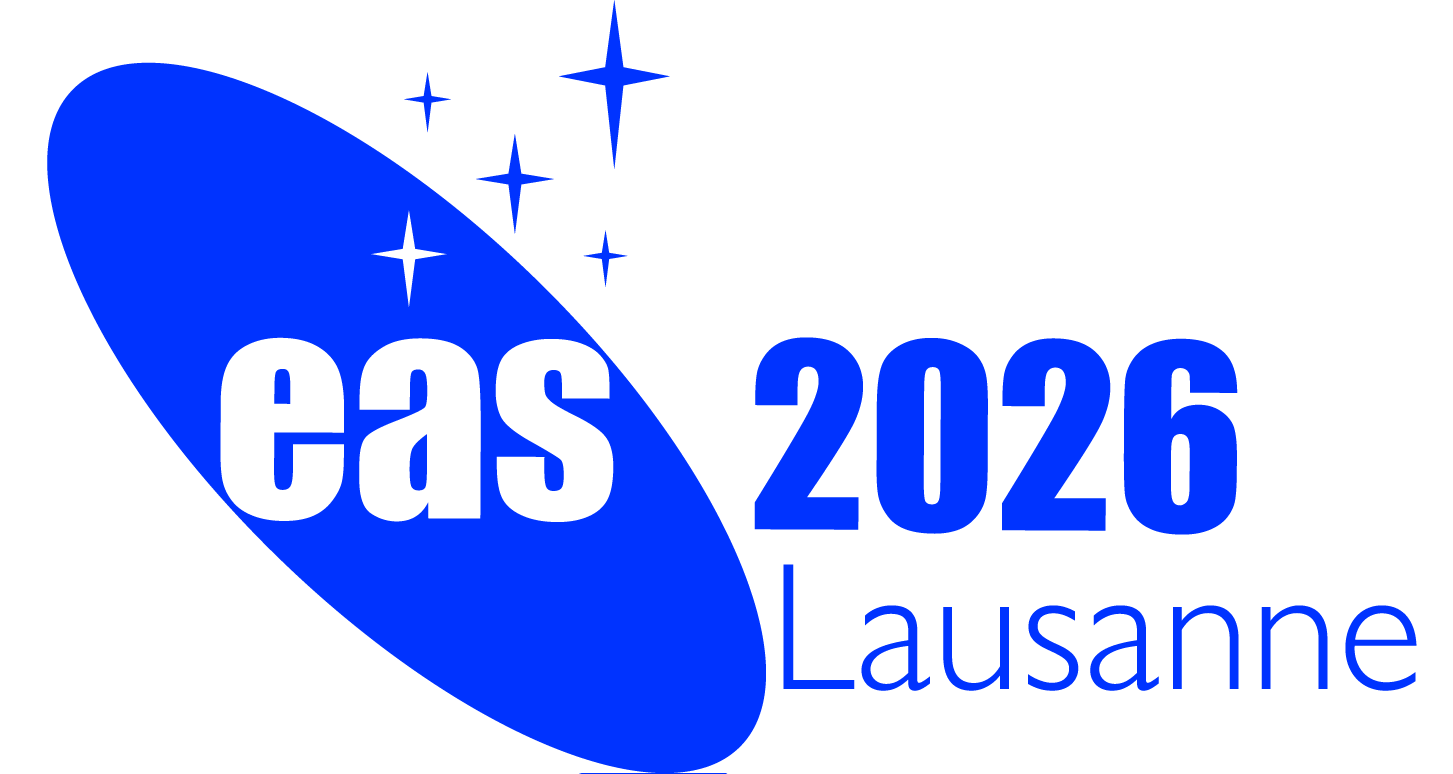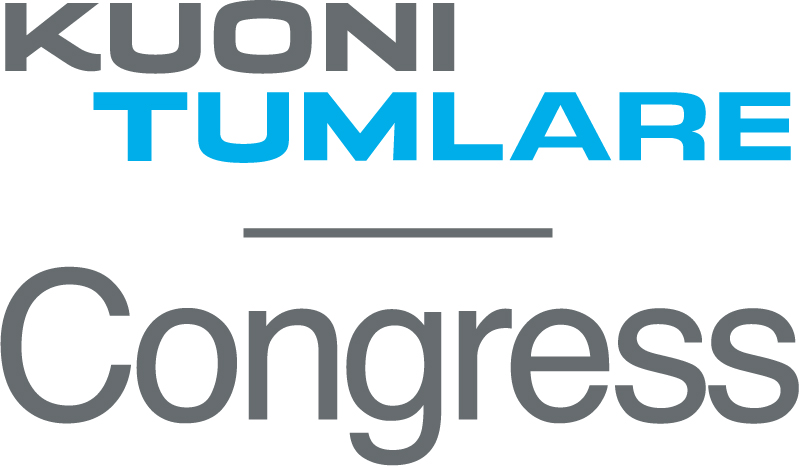Special Session SS15
2 Jul 2026
Neutrinos from the Dark: unveiling hadronic processes in radio-quiet AGN coronae
Aims and scope
High-energy neutrinos are unique messengers of hadronic processes in extreme astrophysical environments. While blazars and other jetted AGN have long been considered the main extragalactic neutrino sources, growing evidence suggests that radio-quiet AGN may also contribute significantly, in particular, motivated by neutrino detections from the nearby Seyfert galaxy NGC 1068.
In radio-quiet, non-jetted AGN, hot X-ray coronae above accretion disks provide natural sites for particle acceleration and hadronic interactions, potentially producing neutrinos within only a few gravitational radii of the central black hole. Despite many open questions regarding the physical processes in the corona and the possible contribution from nearby regions, establishing radio-quiet AGN as neutrino sources would have a major impact on our understanding of both accretion physics and high-energy particle production in AGN.
This Special Session brings together neutrino detection experts, researchers working on AGN coronae and accretion physics, and experts on jetted AGN, where neutrino associations have been firmly established, to discuss current observational constraints, theoretical models, and future prospects for identifying radio-quiet AGN as high-energy neutrino sources.
Programme
- Neutrino observations and constraints on radio-quiet AGN
- AGN coronae and accretion flows: particle acceleration and hadronic processes
- Lessons from blazars and jetted AGN as neutrino emitters
Invited speakers
- Paolo Padovani (ESO, Germany)
- Claudio Ricci (University of Geneva, Switzerland)
- Yuri Kovalev (Max Planck Institute for Radio Astronomy, Germany)
Scientific organisers
Elena Shablovinskaia (MPIfR, Germany; Chair), Claudio Ricci (University of Geneva, Switzerland; Co-Chair), Alexander Plavin (Harvard University, USA; Co-Chair), Anna Franckowiak (Ruhr University Bochum, Germany), Yuri Kovalev (MPIfR, Germany), Alessia Tortosa (INAF-OAR, Italy)
Contact
elena.shablovinskaia @ mpifr-bonn.mpg.de
Updated on Thu Jan 15 15:18:14 CET 2026

 A power cut will shut down all EAS services on Tuesday, 10 January 2017 starting at 7:30 CET.
A power cut will shut down all EAS services on Tuesday, 10 January 2017 starting at 7:30 CET.

